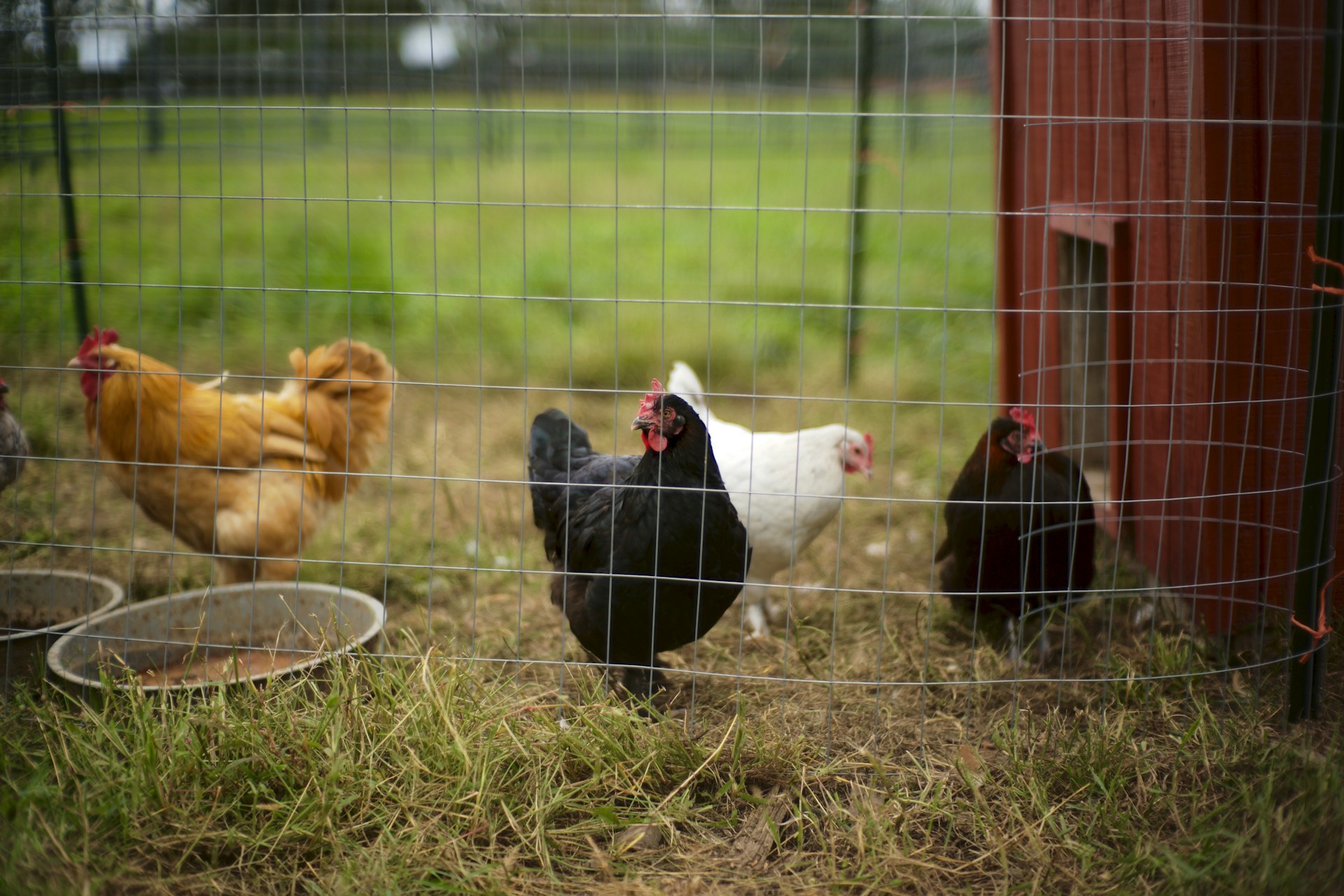Introduction
Lab-grown meat, also known as cultured meat, has emerged as a groundbreaking solution to the challenges posed by traditional livestock farming. In this article, we explore the science behind lab-grown meat, its environmental benefits, and the ethical considerations surrounding its adoption.
How Lab-Grown Meat Is Made
- Cell Collection:
- A sample of stem cells is taken from a live animal (such as a cow or chicken).
- Stem cells can develop into specialized types of cells found in the body, like muscle, fat, or liver cells.
- Bioreactor Cultivation:
- These stem cells are placed in large tanks called bioreactors.
- The bioreactors contain culture media, which mimic the environment inside an animal’s body and provide nutrients for cell multiplication.
- The stem cells differentiate into the three main components of meat: muscle, fat, and connective tissue.
- Scaffold Formation:
- To create complex structures like steaks, an edible scaffold is used.
- The scaffold supports the organization of meat cells into the desired shape.
- It also carries nutrients and helps cells differentiate further.
- Harvesting and Processing:
- Once enough tissue has formed, it’s removed and shaped into meat products like nuggets or burgers.
- The harvested meat is processed similarly to conventional meat.
- Lab-grown meat offers a sustainable alternative to traditional livestock rearing, with the potential to reduce environmental impact and improve animal welfare.
Sustainability Benefits
- Reduced Environmental Impact:
- Rearing livestock for meat production has a significant environmental footprint.
- Lab-grown meat could cut down greenhouse gas emissions by up to 96% compared to conventional livestock.
- It also reduces land use and energy consumption significantly.
- Water Conservation:
- Switching to lab-grown meat could reduce water consumption by 82-96%, depending on the animal.
- Traditional livestock farming requires substantial water resources for feed and maintenance.
- Animal Welfare:
- Lab-grown meat eliminates the need for raising and slaughtering large numbers of animals.
- While it’s not yet entirely slaughter-free, it represents a step toward improved animal welfare within the food system.
- Space Efficiency:
- With fewer live animals needed, lab-grown meat could diminish the demand for farm space.
- This efficiency is crucial as the world population grows and agricultural systems face limitations in supplying enough food.
Nutrition and Health Considerations
- Nutritional Profile:
- Lab-grown meat can be tailored for specific nutritional attributes.
- It can have lower levels of unhealthy fats and cholesterol.
- Safety and Health Benefits:
- Lab-grown meat lacks adjacent digestive organs, potentially making it safer.
- Research continues on its micronutrient composition.
Ethical and Availability Aspects
- Ethical Considerations:
- Animal Welfare: Lab-grown meat improves animal welfare by eliminating the need for raising and slaughtering a large number of animals.
- While it’s not yet entirely slaughter-free, it represents a step toward improved animal welfare within the food system.
- Commercialization Challenges:
- Lab-grown meat has been successfully developed, but its commercialization is limited due to various challenges.
- Companies and manufacturers face difficulties in scaling up production and breaking into the mainstream market.
- Future Prospects:
- Despite these challenges, lab-grown meat holds promise as a more ethical and sustainable alternative to traditional meat production.
- As technology advances and production processes become more efficient, we may see lab-grown meat available in grocery stores shortly.
Conclusion
Lab-grown meat holds promise as a sustainable, ethical, and innovative solution. As we navigate population growth and environmental concerns, this scientific marvel could revolutionize our food systems.
Check out more articles!









One response to “Lab-Grown Meat: Pioneering Sustainable Food”
[…] ethics of cellular agriculture more broadly. The prospect of cultured meat taking a share of the global meat industry sounds, on the face of it, like good news. Today’s meat industry is hellish for the tens of […]